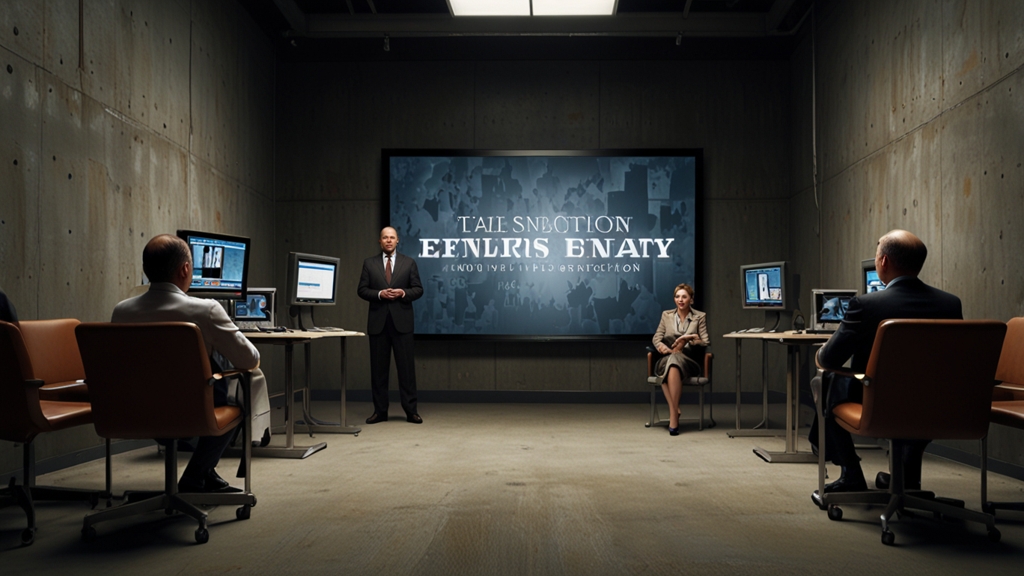Unmasking the Real Authors of the Gospels
The Gospels of Matthew, Mark, Luke, and John are foundational texts of Christianity, revered and studied by millions across the globe. Despite their profound influence, the true identities of their authors have been subjects of speculation, debate, and intrigue. This article delves into the historical and scholarly pursuit of uncovering the real authors behind these ancient texts.
The Traditional Attributions
Historically, the authorship of the Gospels was attributed to four specific individuals:
Matthew, a tax collector and one of Jesus' twelve apostles.
Mark, an associate of the Apostle Peter.
Luke, a physician and companion of Paul.
John, the "beloved disciple" and another of Jesus' apostles.
These attributions originated from early Christian tradition and were largely accepted for centuries. However, modern biblical scholarship has prompted a re-examination of these claims.
The Quest for Historical Authenticity
Scholars have employed various methods to uncover the true authors of the Gospels, ranging from textual analysis to historical context. Here, we explore some of the key insights from their investigations:
Textual Analysis
One approach involves scrutinizing the language, style, and content of the texts. For example, the Gospel of Mark is characterized by its concise and straightforward narrative, leading some scholars to postulate that it was written for a Roman audience. Conversely, the Gospel of Luke is notable for its detailed descriptions and polished Greek, suggesting an author with a higher level of education.
Historical Context
Another method examines the historical and cultural context in which the Gospels were written. It is widely believed that the Gospels were composed between 65 and 100 CE, a period marked by considerable turmoil and persecution of early Christians. Understanding this backdrop can provide clues about the authors' identities and motivations.
Challenges to Traditional Attributions
Despite the traditional beliefs, there are several reasons to question the assigned authorship:
1. The Gospels' anonymity: The texts themselves do not explicitly name their authors, a fact that calls into question the later attributions.
2. Variances in eyewitness accounts: The discrepancies and distinctive theological perspectives among the Gospels suggest they were not written by direct eyewitnesses.
These factors have led many scholars to propose that the Gospels were likely written by early Christian communities, rather than single individuals who were direct associates of Jesus.
Modern Theories on Authorship
Contemporary scholarship often tilts towards viewing the Gospels as community efforts or products of collective tradition. Specific groups or schools of thought within the early Christian community may have played key roles in their composition. For example:
The Gospel of Mark
Many scholars believe Mark was the first Gospel written and served as a source for both Matthew and Luke. The Gospel's urgency and emphasis on suffering might reflect the experiences of a community under persecution.
The Gospel of Matthew
Matthew is often seen as addressing a Jewish-Christian audience, as it frequently references Hebrew Scriptures. This focus suggests an author deeply rooted in Jewish tradition, perhaps working within a Jewish-Christian community.
The Gospel of Luke
Luke's polished Greek and detailed accounts have led scholars to surmise an author who was not only highly educated but also had a broader, more inclusive vision of the Christian message. Luke's connection with the Acts of the Apostles further indicates a community concerned with the expansion of Christianity.
The Gospel of John
John's unique theological depth and mysticism make it distinct from the Synoptic Gospels (Matthew, Mark, Luke). Scholars argue that it was written for a community already well-versed in Christian doctrine and engaged in deep theological reflection.
Conclusion
The journey to unmask the real authors of the Gospels is ongoing, filled with insights from history, linguistics, and theology. While traditional attributions provide a foundation, modern scholarship continues to challenge and expand our understanding. The Gospels, as we have them, are not just the works of lone authors but the profound reflections of diverse early Christian communities grappling with the life and teachings of Jesus.
The quest may never yield definitive answers, but it enriches our appreciation of these ancient texts, inviting us to see them not only as historical documents but as living testimonies to the faith of early Christians.






